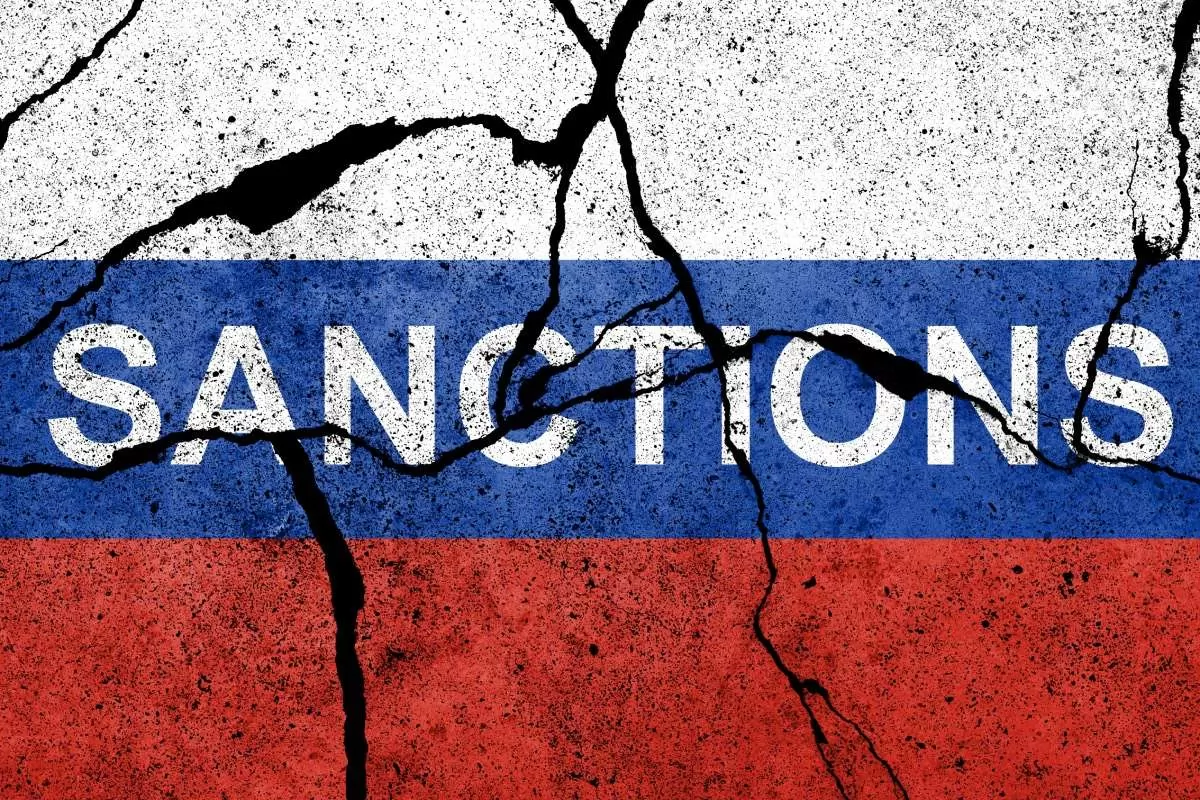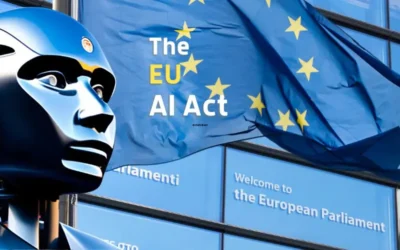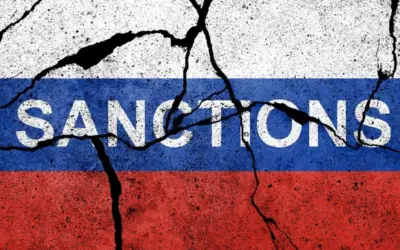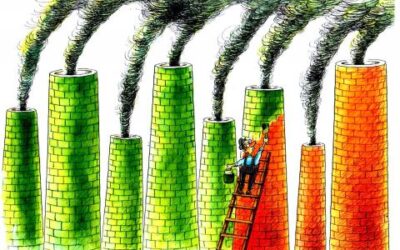1. Introduction
On 23 October 2025, the Council of the European Union adopted the EU 19th Russia sanctions package against Russia (and Belarus), including by amending Regulation (EU) 833/2014 and Regulation (EU) 269/2014, coming just three months after the 18th package. This latest round finally tackles the Russian energy sector in a meaningful way – long regarded as the missing piece in Europe’s sanctions strategy – while also tightening trade, financial and crypto-asset restrictions.
For the first time, the EU is banning the import of Russian liquefied natural gas (LNG). Yet the ban will not take full effect until April 2026 (for short-term contracts) and January 2027 (for long-term agreements). So, while the step is politically overdue, unfortunately the measure remains a slow-burn.
In this article I set out the most important new sanctions measures, examine the strengthened Belarus alignment, and highlight the coordination between the EU, the US and the UK in this most recent round of coordinated sanctions action.
2. EU 19th Russia Sanctions Package: Energy Measures – A Step Forward, but a Slow One
The 19th package of sanctions (Council Regulation (EU) 2025/2033), which implements the accompanying Council Decision (CFSP) 2025/2032), places energy sanctions at its core, signaling that the EU finally recognizes the importance of cutting Russia’s revenue from fossil-fuel exports. And yet the implementation timeline gives Russia time to adjust.
To illustrate what’s at stake: In the first eight months of 2025 alone, Russia exported approximately 9.2 million tons – of a worldwide total of 18.8 million tons – of LNG to Europe. France is the largest importer at 4 million tons, followed by Belgium at 2.3 million tons, Spain at 1.8 million tons, and the Netherlands at 1 million tons. These flows translate into hundreds of millions of euros each month paid to Moscow’s energy companies – funds that sustain the Kremlin’s war economy.
The EU has now finally reacted with the following key measures to directly curb Russia’s gas income:
- LNG import ban: Prohibits the purchase, import or transfer of LNG originating in or exported from Russia, effective 25 April 2026 for short-term contracts, and effective 1 January 2027 for long-term contracts concluded before 17 June 2025 (subject to wind-down terms).
- Tighter transaction bans on Rosneft and Gazprom Neft.
- Third-country designations: Two Chinese refineries and a Chinese oil trader, plus a UAE-based subsidiary of Lukoil active in Russia’s maritime shadow fleet, have been added to the sanctions lists. These aim to target third-country intermediaries that facilitate Russian oil exports and avoid existing price-cap mechanisms.
- Shadow fleet crackdown: An additional 117 vessels are banned from EU port access (raising the total number of designated vessels to 557), and a ban on re-insurance for such vessels has been introduced – targeting the infrastructure that enables maritime sanctions evasion.
The move on LNG is politically meaningful and finally puts energy revenue squarely in the sanctions frame. But given the staggered effective dates, these timelines blunt the measure’s impact. In the result, Russia still has time to pivot, shift buyers or restructure contracts – meaning the window before the bite remains open.
3. Trade & Supply-Chain Measures
The EU 19th Russia sanctions package also steps up restrictions on goods, services and supply chains feeding Russia’s war effort. The 19th package builds on the 18th package by widening export controls and increasing third-country reach.
New measures include:
- 45 additional entities listed under Annex IV of Regulation (EU) 833/2014, including 17 in third countries (China, India, Thailand). More organisations are now subject to enhanced export restrictions on dual-use and military-industrial goods and face greater scrutiny over their links to Russian supply chains.
- Broadened export bans: New goods covered include certain electronic components, range-finders, propellant-related chemicals and military-grade metals, oxides and alloys.
- Import prohibition on acyclic hydrocarbons (previously exempt) and the listing of a major Russian gold-producing company – aiming to squeeze non-energy revenue streams.
- Special Economic Zone (SEZ) restrictions: EU operators cannot form new joint ventures, branches or financing arrangements with entities in 11 designated Russian SEZs (effective 24 October 2025); as of 25 January 2026, maintaining certain existing contracts in two of those zones will also be prohibited.
4. Financial & Crypto Measures – Closing the Loopholes
These measures tackle the less visible bridges through which Russian-linked funds and services still flow. The 19th package goes well beyond simple asset freezes – it targets payment systems, stable coins, and secondary channels outside Russia.
Key elements include:
- Mir and SBP: The Russian national payment-card system ‘Mir’ and the Fast Payments System ‘SBP’ have been targeted. EU entities will be prohibited from engaging with them as of 25 January 2026 – restricting Russia’s ability to use alternative payments infrastructure.
- New transaction bans cover:
- Five additional Russian banks, being Istina Bank, Zemsky Bank, Absolut Bank, MTS Bank, and Alfa-Bank.
- Four banks in Belarus/Kazakhstan, due to their connections to Russian financial messaging and payment systems.
- Eight banks and oil-traders based in Tajikistan, Kyrgyzstan, UAE and Hong Kong, showing how sanction circumvention is being tracked via third countries.
- Crypto-asset controls: The stable coin A7A5 (introduced with Russian-state backing) and its developer, issuer and trading platform have been sanctioned. EU transactions involving A7A5 are now prohibited, closing a crypto loophole for war-related finance.
For companies and compliance teams, the key takeaway is that sanctions risk is not only about what you buy from Russia, but also very much about the routes and platforms through which money and services flow.
5. Services Restrictions, Diplomats, and Belarus
Amongst some of the further measures introduced by the 19th sanctions package are the following:
- Restrictions on services under Article 5n of Regulation (EU) 833/2014 have been expanded to include commercial space-based services, AI services, and high-performance and quantum computing services. Additionally, services directly related to tourism activities in Russia have been prohibited, and a prior-authorization requirement for any services provided to the Russian Government not already covered has been introduced. Take a look at my previous articles on services here and here.
- Diplomatic-travel measures: Russian diplomats must now notify EU Member States prior to travelling through or to another Member State than the one that issued their residence permit. Some Member States may impose authorization requirements for such travel (effective 25 January 2026).
Also, the 19th package doesn’t only focus on Russia, but broadens the framework to cover the supporting role of Belarus in the Russian invasion of Ukraine by amending Regulation (EC) 265/2006. Amongst others, five new listings now target Belarus’ military-industrial complex, with trade restrictions aligned to those imposed on Russia. Bans on the provision of crypto payment services and the provision of specific software in financial, commercial, AI, and quantum computing fields, have been expanded.
6. International Coordination – EU, UK and US Move in Step
One of the most notable aspects of the 19th package is the alignment between major Western jurisdictions in their focus on the Russian energy sector:
- United Kingdom: On 15 October 2025, the Office of Financial Sanctions Implementation (OFSI) designated Rosneft, Lukoil and Nayara Energy Limited (the Indian refinery in which Rosneft is a 49% shareholder), and various other companies. The UK Government’s press release for these measures is available here. In parallel with these designations, OFSI issued two General Licenses (INT/2025/7539056 and INT/2025/7538856), respectively authorizing the wind-down of transactions with, amongst others, Rosneft and Lukoil, and certain other energy entities such as Nayara Energy Limited. These licenses currently expire in November 2025.
- United States: On 22 October 2025, the Office of Foreign Assets Control (OFAC) designated Rosneft and Lukoil, as well as several of their subsidiaries, to OFAC’s Specially Designated Nationals and Blocked Persons List. OFAC simultaneously amended one general license and issued three new general licenses, including General License No. 126, which authorizes transactions that are ordinarily incident and necessary to the wind down of any transactions involving Lukoil and Rosneft, with an authorization window for winding-down transactions until 21 November 2025.
- On 23 October 2025, the European Union followed suit in quick succession with the 19th package which, although much broader in scope than the US and UK designations, specifically targets the Russian energy sector. This presents a rare landmark of contemporaneous sanctions coordination, which strengthens the signal to Russia and third-country intermediaries: sanctions avoidance is under sharper multi-jurisdictional scrutiny.
7. Conclusion – A Step Forward, But Too Late to Bite
The EU 19th Russia sanctions package stands out because it finally strikes at the energy revenue stream that fuels much of Russia’s war machinery. But as I emphasized, the phased LNG implementation ban means the real impact will take time to materialize. Russia retains space to adapt, renegotiate contracts and shift flows.
For businesses, compliance teams and in-house counsel, the message remains: this landscape remains dynamic. Every new package adds layers of complexity – more entity lists, more third-country risk, more asset-mapping required. Enforcement is intensifying across the EU.
Yet the direction is unmistakable: energy is now firmly on the sanctions agenda. The question now is whether the EU can act quickly and effectively enough to turn symbolic progress into meaningful pressure. As High Representative for Foreign Affairs and Security Policy and chair of the Foreign Affairs Council, Kaja Kallas, remarked: “Every euro we deny Russia is one it cannot spend on war. The 19th package will not be the last.”
Thoughts, comments or questions? Please get in touch!
Gundo Haacke, Interim Legal Counsel & Owner of Haacke Commercial Legal Services.
Blog article published on 30 October 2025.
Image credit: ukranews.com.
Disclaimer
The information provided in this blog article is for general informational purposes only. Nothing contained in this blog article constitutes legal advice, nor is it intended to be a substitute for legal counsel on any subject matter. The author disclaims any liability in connection with the use of this information.




